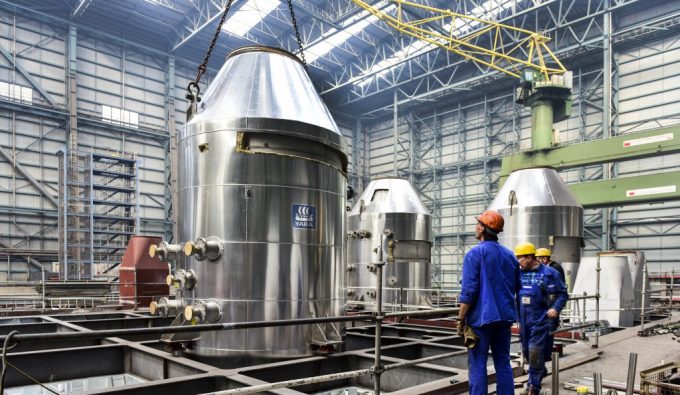NYK signs up for direct air carbon capture scheme
Direct Air Carbon Capture and Storage (DACCS), derided as one of the least efficient possible ...

Malaysia has become the latest state to ban the use of open-loop scrubbers for ships operating in its waters, taking the number of ports around the world they cannot enter to more than 80.
The website of Malaysia’s maritime department, Jabatan Laut Malaysia, says ships are ...

Comment on this article